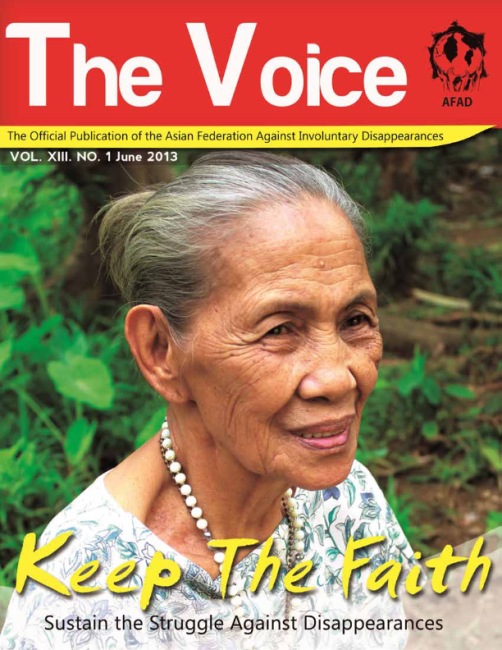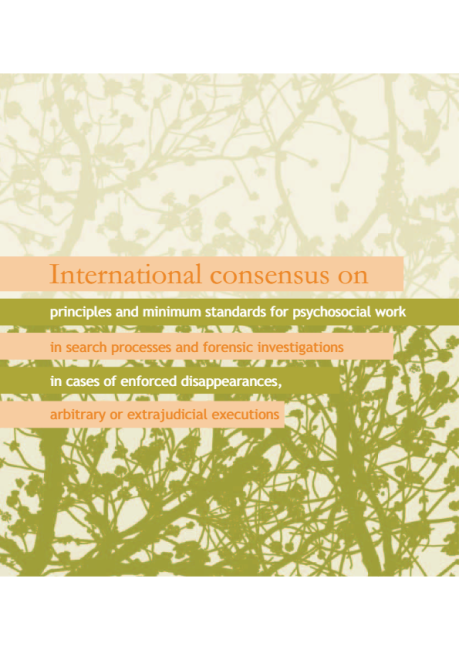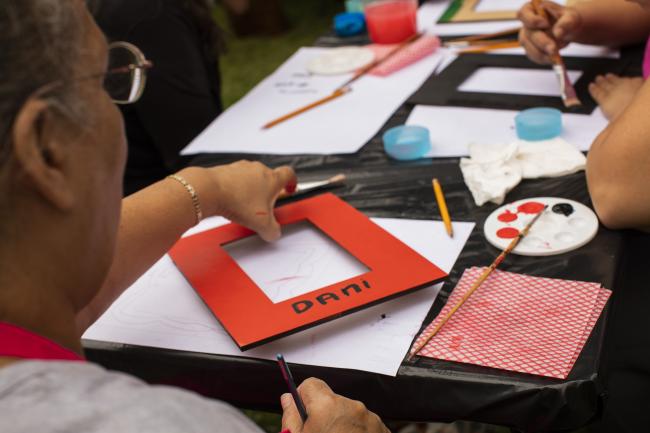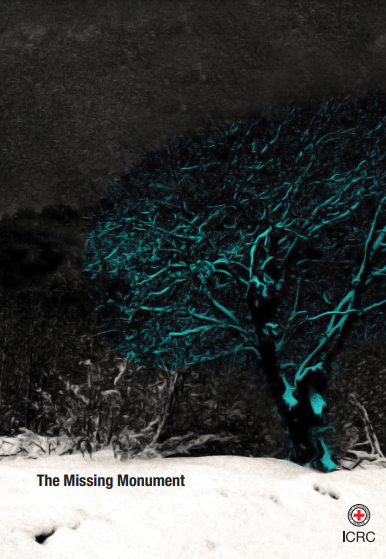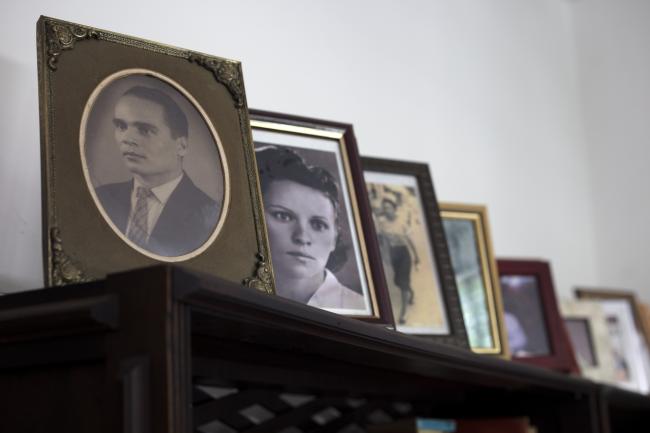
Personal narratives of loss and the exhumation of missing persons in the aftermath of war: in search of public and school pedagogies of mourning
This paper is grounded in a phenomenological‐interpretive exploration of how mourning is experienced and understood by the victim’s nuclear family – the victims are Greek‐Cypriot missing persons whose remains have been recovered, identified and properly buried, after exhumations of mass graves in the aftermath of war. Particularly, the focus is on the pedagogical openings that are created for educators and students who seek to engage in learning about mourning and/or how to mourn in schools. Two in‐depth mourning narratives are analyzed and the pedagogical implications of the nationalization of mourning are discussed. A careful critique of the nationalization of mourning formulates a critical discourse from which it becomes possible to launch a renewal of an affective community, that is, a restructuring of affective spaces in schools and the public arena so that new affective connections with the Other are created. The analysis shows the complexities involved in attempts to formulate public and school pedagogies of mourning.


